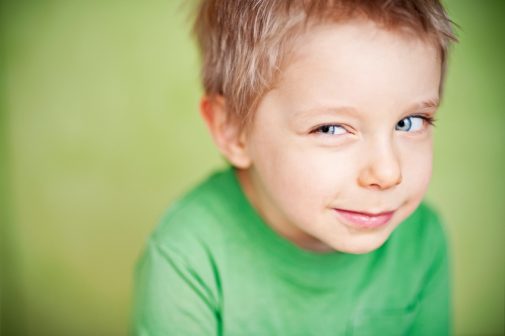
Creator:Imgorthand Credit:Getty Images
As evidenced by many experimental evidence of children in the field of spontaneity in distorting the facts and events they know, to the sources that exposed the danger of misrepresentation in the Scriptures and ancient sources; He lied to widespread human behavior.
The words are spoken either as truths or as lies. Lies take many forms: they are told directly and are intended to convey the news of an unproductive act or have no valid source, or to be a deliberate deception to create another belief that raises the listener's principles and ideas by adopting a strategy Or falsehoods, a falsehood of imagination, and lying may be a transparent lie to conceal a scandalous truth or to postpone it to an appropriate time. We do not justify the causes of lying, but we offer the kinds to be able to understand and deal with.
Many theories and studies have confirmed that those who have taken lying as a way of life and a refuge to justify their actions must be exposed by symptoms triggered by the activation of sympathetic nervous system (SNS). For when a person lies, the truth seems to be in his mind, but he speaks in the opposite way. He must stimulate his memory by storing the truth and its opposite at the same time.
In this way studies were conducted to measure the activity of sympathetic neural synthesis when making false statements and comparing them to their activity when telling the truth with an electrodermal active device, and they found increased activity when fabricating lies. The aim of this study and others was to detect the onset of deception to help them adjust behavior. But what if we went to our childhood? It is best to observe lying in children to reduce it because it is the custom of repeated actions.
If we look, we will find studies and evidence indicating that the child has been able to lie since the age of 42 months, And his ability to lie varies depending on his age and consciousness and open his mind, often lied to children under the age of three exposed; they refer to the truth through their words. Their words may be just a test of the new language and vocabulary. Between the third year and the seventh year of age, lying becomes difficult, because the child will think of his ability to convince the listener. These years carry a fictional world separate from reality, so it is very possible for a child to be true to his emotions and words. His own world is not convinced by the specific moral and social law (we often see children spending their hours talking to dolls or a small car race). Between the seventh and twelfth years, the third stage begins to lie, and may be accompanied by recognition of the reasons that are often convincing to adults. The theory of mind recognized that children have an important and distinctive role in social life. This theory deals with the role of the surrounding society in guiding the child to lie by instilling ideas that will inevitably affect their behavior. In addition, research conducted in 2013 confirmed two goals: The first is to address the gap between the child's lying behavior and the behavior of the moral society in which he exists, and the second is related to the lie of the children with their mental and cognitive abilities, stressing the importance of children's intellectual monitoring and limiting their thoughts to Escape to the lap of lying and illusion.
- Here we must shed light on the role of parents in dealing with their children who have the intention of lying by the following:
Parents should not react quickly and forcefully when revealing a child's lie; reasons are often innocent.
Since the child adopts the simulation method, it is worth the parents to practice truthfulness in their daily lives, they are the first example of their child.
Encouraging - even exaggerated - when discovering the truthfulness of their child's words, even with any simple news.
The openness between parents and children, such as making a day of the week "an open day" in which each member of the family to explain to the people what is hidden and answer all their questions.
Developing the relationship between parents and children and not being preoccupied with it. Age does not make a difference in the presence of awareness and the wisdom of behavior.
In the end, trust and honesty are synonymous icons, why not strengthen trust with ourselves first and with our surroundings second? There is no need to monitor speech or distort the news. Trust alone can lead our children to a more positive world of love and honesty .
Source :
Harvard
Ncbi
Hopkinsmedicine
Harvard 1
Harvard 2








0 Comments